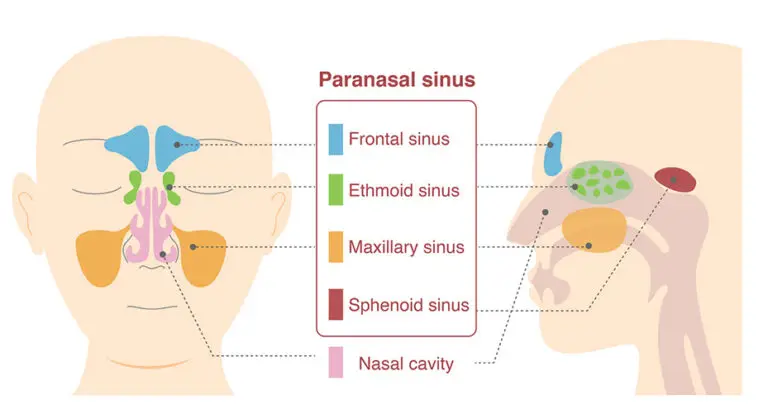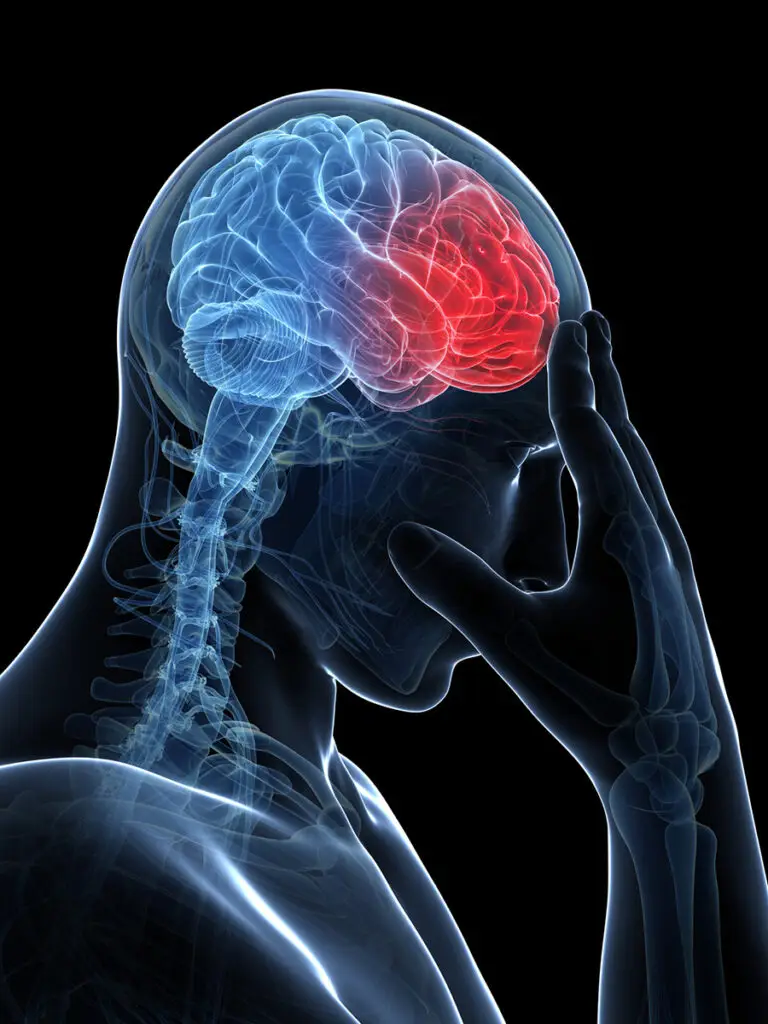Many who suffer from the debilitating symptoms associated
with Post Traumatic Stress Disorder (PTSD) are willing to try any type of
treatment, no matter how unconventional. According to new studies in
psychological research, the video game Tetris may be one of those
unconventional treatments.
It seems that old favorite game of colorful clusters of
boxes that made you so good at loading gear into a Conex box can now help
reprogram the brain and eliminate harmful memories. As researchers continue to
search for better ways to treat PTSD, they’re looking to the latest
technological advances to give new tools for treatment.
What is PTSD, and how many service members are affected by it?
According to the National Institute of Mental Health, post-traumatic
stress disorder can develop in individuals who experience shocking, scary,
or dangerous and continue to experience the trauma of the event long after it
has passed. Common symptoms include flashbacks, bad dreams, and troubling
thoughts, which lead to avoidance of events and places.
Currently, the Department of Veterans Affairs estimates 11-20% of
post 9-11 veterans have PTSD. That number may be much higher, as many
veterans do not seek treatment for the trauma they experience when coming home.
Though the military culture is working to reduce the stigma attached to seeking
help for mental and emotional troubles, service members may still be hesitant
to seek professional help.
And even if it’s not a matter of stigma, others do not want
to relive the tragic events during therapy sessions. The currently recommended
treatments for PTSD include a mix of talk therapy and exposure therapy, causing
the veteran to picture a traumatic event they experienced and find a new way of
processing it. If this treatment doesn’t
work or is too painful to go through, veterans often stop treatment and find a
way to cope independently.
How can Tetris help with PTSD symptoms?
Several studies have concluded that playing Tetris may help
in reducing the frequency of disturbing flashbacks that are a key symptom of
PTSD. The visuospatial tasks involved in playing Tetris block your brain’s
ability to store memories. If we can find a way to prevent the harmful memories
from being stored, flashbacks become less frequent.
The first studies involved subjects playing Tetris after
watching horror movies. When the movie watchers played Tetris within 30 minutes
of watching scary scenes, the viewers reported few bad memories. These results were
promising, but veterans are dealing with events they witnessed in the past few
months or sometimes years.
Another study was conducted to find a more functional
approach. The test subjects were all veterans with PTSD, and they were first
asked to recall traumatic memories. After bringing these memories to the
forefront of their mind, they then played Tetris. The results were the same as
in the study years before with horror movie viewers. Recalling the memory and
then playing Tetris had the same effect as playing the game immediately after
exposure to trauma.
Can video games other than Tetris help with PTSD?
The studies involving Tetris are just the tip of the iceberg
when using video games to treat PTSD and other mental health conditions.
Therapists use virtual reality technology to assist in exposure therapy by
recreating painful scenes the veteran has experienced. VR technology allows a
safe environment for the veteran to “relive” the traumatic event and process it
more productively.
There is also extensive literature surrounding video games
and how they help veterans with a variety of problems. Video games help with
managing moods and stress, coping, recovery, regaining confidence, and
socialization. For this reason, they’ve been a valuable part of treatment plans
for PTSD, depression, and substance abuse recovery.
Not only do video games give veterans a means for
distraction and stress reduction, but it’s also a nonthreatening means for
socialization. Gamers get to know each other online through gameplay and
establish teams and leagues that give them a renewed sense of brotherhood.
First-person shooter games especially provide the player the opportunity to
exercise leadership skills and promote teamwork.
One more way that video games are helping is with disabled
veterans. With the invention of adaptive controllers, disabled veterans have
full access to gaming. For some, it has helped with acceptance and identity
work. As the professional e-sports world is expanding, it may even provide new
roles for disabled veterans.
Conclusion
Medical professionals continue to learn more about effective
treatments for PTSD in order to best service each individual veteran effected
by this disorder. Veterans often find that a combination of treatments are
helpful to increase overall mood and lessen the impact of anxiety and
flashbacks. Advances in technology are providing new treatment options, along
with making treatment more accessible to individuals who cannot or do not want
to attend in person therapy sessions.
Studies continue to be conducted to determine the
effectiveness of Tetris play to reduce the frequency of flashbacks. If Tetris
can be used in tandem with recalling painful memories to mitigate future flashbacks,
this treatment option would be ideal for veterans suffering with PTSD.
The benefits of video game play in general as it pertains to
mental health also continues to be studied. It appears that video games not
only provide a recreational and stress reduction benefit, but also social
interaction, confidence boosting, and identity resolution.
If you are dealing with PTSD, talk to a health care provider
about adding this type of treatment to your overall wellness plan.
_________________________________________________________________________________
References
Colder Carras,
M., Kalbarczyk, A., Wells, K., Banks, J., Kowert, R., Gillespie, C., &
Latkin, C. (2018). Connection, meaning, and distraction: A qualitative study of
video gameplay and mental health recovery in veterans treated for mental and/or
behavioral health problems. Social science & medicine (1982), 216,
124–132. https://doi.org/10.1016/j.socscimed.2018.08.044
Kessler,
H., Holmes, E. A., Blackwell, S. E., Schmidt, A.-C., Schweer, J. M., Bücker,
A., Herpertz, S., Axmacher, N., & Kehyayan, A. (2018). Reducing intrusive
memories of trauma using a visuospatial interference intervention with
inpatients with post-traumatic stress disorder (PTSD). Journal of Consulting
and Clinical Psychology, 86(12), 1076–1090.
https://doi-org.libraryresources.columbiasouthern.edu/10.1037/ccp0000340.supp
(Supplemental)
Ruhr-University Bochum.
(2019, January 8). Post-traumatic stress
disorder: alleviating flashbacks by playing Tetris. ScienceDaily. Retrieved
April 18, 2021 from
http://www.sciencedaily.com/releases/2019/01/190108095114.htm”www.sciencedaily.com/releases/2019/01/190108095114.htm. Retrieved April 18, 2021 from www.sciencedaily.com/releases/2019/01/190108095114.htm



